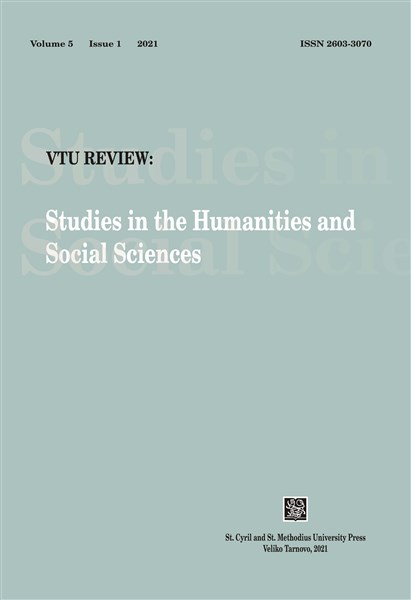Cultural Nationalism and Postcolonial Imperatives in Irene Salami-Agunloye’s Emotan: A Benin Heroine and Emmy Idegu’s Ata Igala the Great
Cultural Nationalism and Postcolonial Imperatives in Irene Salami-Agunloye’s Emotan: A Benin Heroine and Emmy Idegu’s Ata Igala the Great
Author(s): Michael Olanrewaju AgboolaSubject(s): Language and Literature Studies, Literary Texts, Fiction, Novel, Theory of Literature, Drama
Published by: Великотърновски университет „Св. св. Кирил и Методий”
Keywords: African culture; cultural imperialism; postcolonial writers; cultural nationalism; Africanness
Summary/Abstract: This article examines the efforts of postcolonial creative writers, particularly dramatists, who attempt to rethink the seeming erosion of African culture in the face of western cultural expansion. The present research adopts the methods of descriptive and content analysis, as it dwells on books, journal articles, and internet materials to examine its subject. Of immediate interest are two Nigerian plays, Ata Igala the Great by Emmy Idegu and Emotan: A Benin Heroine by Irene Salami-Agunloye, which are read as paradigmatic texts for interpreting problematic postcolonial relationships. The article contributes to discussions related to colonialism and the hidden agenda of neo-colonialism, which are often interpreted in terms of western economic interests underlying cultural expansion. The article demonstrates how Af¬rican postcolonial writers have striven to reverse this trend by promoting Africa’s cultural aesthetics as they represent indigenous ways of life and their problematic interaction with western cultural patterns. The discussed works focus on cultural canons related to African life, such as consultation with oracles, ancestor worship, and festivals; and they demonstrate the aesthetic specifics of African dance, music, songs, and their semiotic significance. The article concludes that even though the two plays “speak back” to power, their strength lies in the articulation of certain aesthetic patterns that contribute to African self-location. Thus, the plays not only attempt to assert African culture, but they also strive to rethink the meanings of western cultural imperialism.
Journal: VTU Review: Studies in the Humanities and Social Sciences
- Issue Year: 5/2021
- Issue No: 1
- Page Range: 65-75
- Page Count: 11
- Language: English

